Explore the blog:
Read our blog for quick insights into revolutionizing your approach to teaching and transforming your classroom—all while commuting to work, eating your lunch, or sitting with your feet up at home.
Get quick insights into Concept-Based Inquiry
The Blog
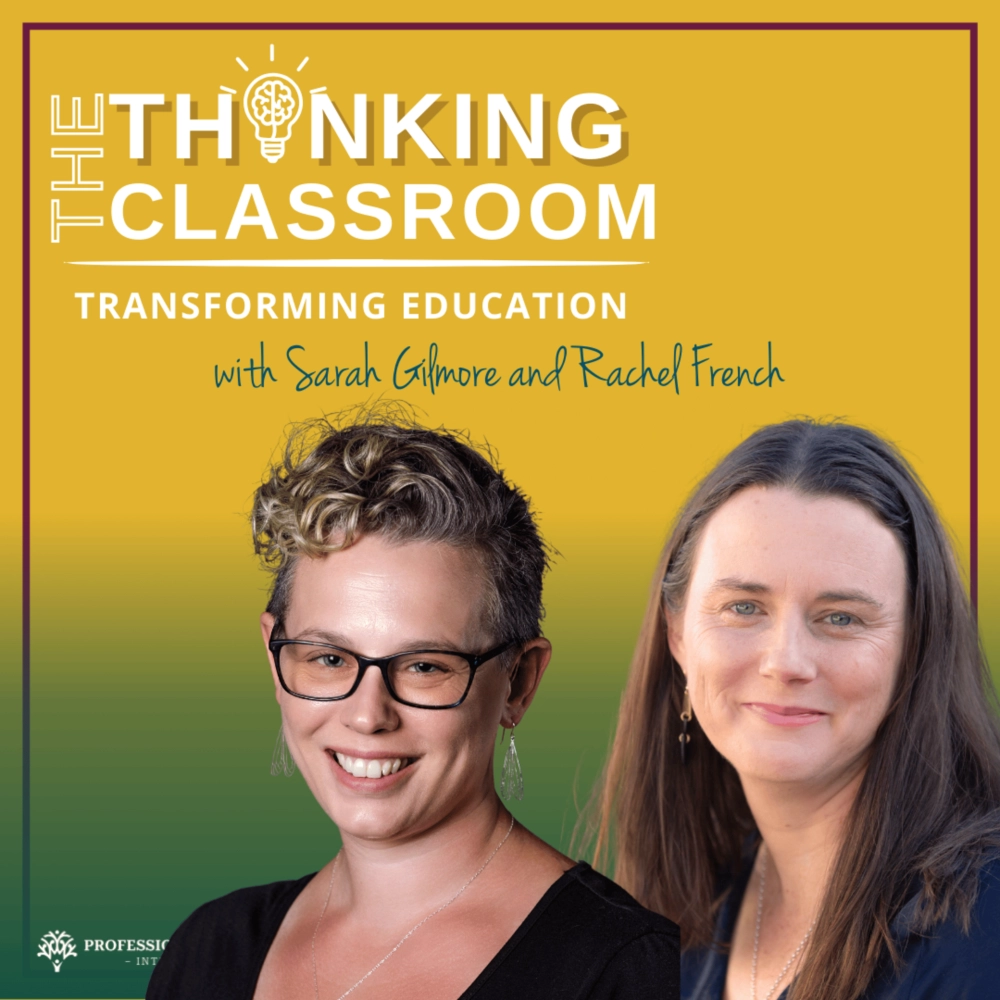
To rate our podcast “5-stars” on Apple Podcasts or Podchaser please scroll to the corresponding instructions below. All other platforms do not have ratings or reviews for podcasts on their apps. Apple Podcasts First, ensure that you are signed in by clicking the Account menu at the top of your screen and selecting your Apple […]
READ MORE > >
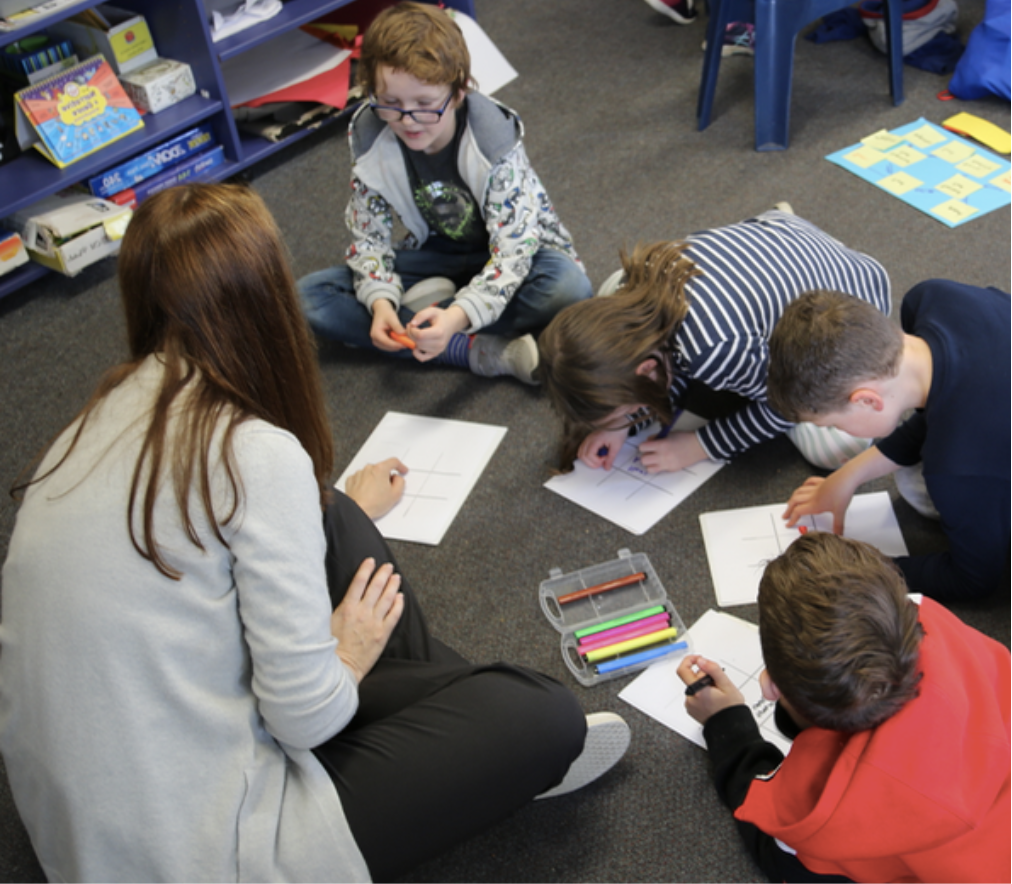
read more >>
by Rachel French Teachers, This is not another one of those education “fads.” You will not find yourself sitting in a faculty meeting, shoulders slumped, eyes rolling, wondering if this new initiative is actually going to be helpful. Concept-Based Inquiry does what traditional curricula design cannot – it develops deeper thinking and promotes transferable understanding. […]

by Angela Johnson Using the Concept-Based Curriculum and Instruction model to support skills development in the IB MYP The approach to learning (ATL) is a core element of all IB programs, but it can be challenging to fully integrate the ATL skills into the conceptual framework of a unit. All too often, ATL skills are […]
READ MORE > >
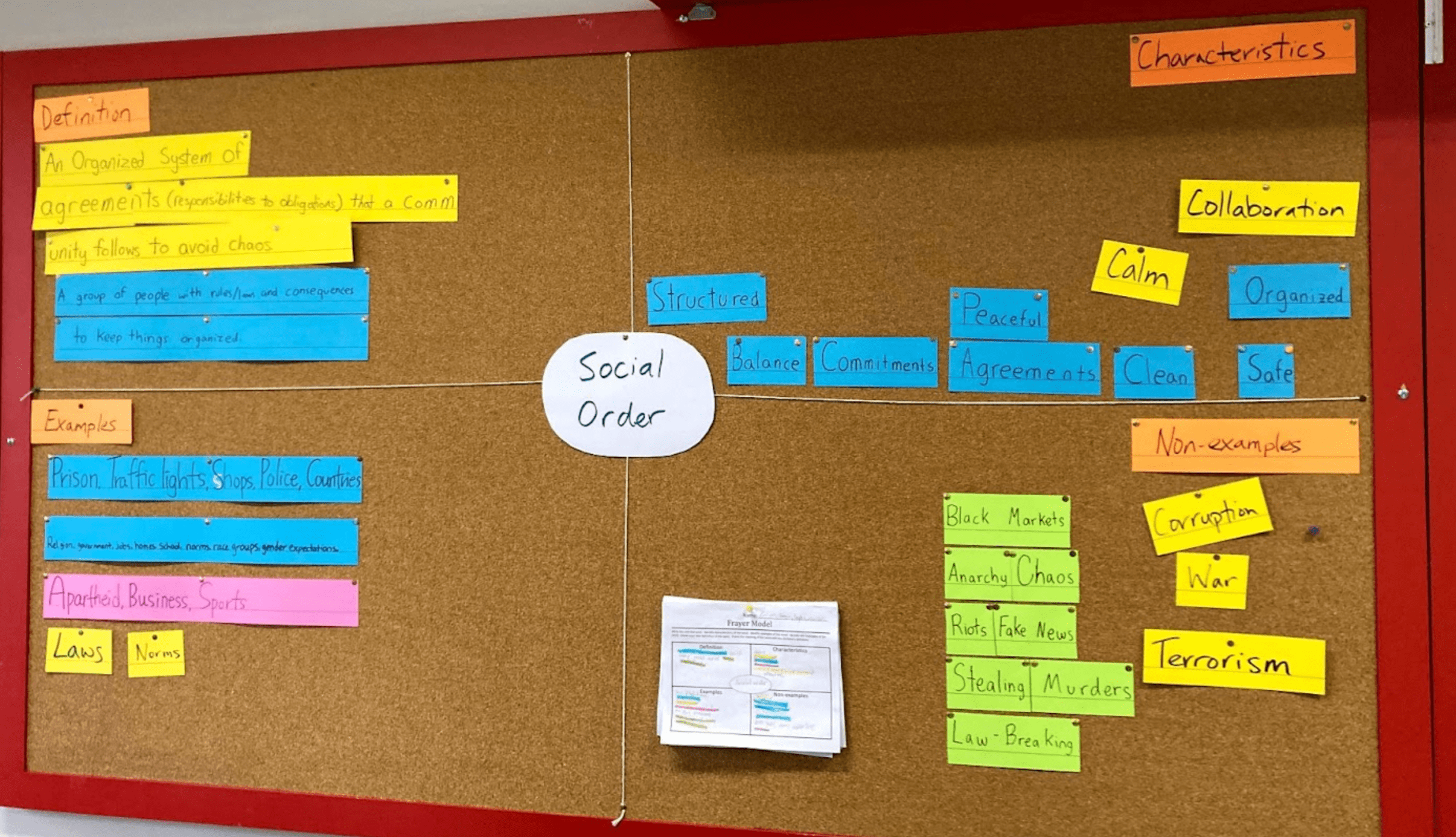
read more >>
by Meg Griswold and Karli Lomax Meg Griswold is a MS humanities teacher at Graded, The American School of São Paulo, Brazil. As part of the school’s professional learning initiative around deeper learning, Meg was introduced to concept-based teaching and learning. “While my teaching has always been about the big ideas and transferable concepts, I […]

by Dr. Marie-Theres Whitehead One Teacher’s Journey to a Concept-Based Approach in World Languages Have you ever had that one moment in your teaching when you thought: “Wow, something needs to change?” Well, mine was when a student asked me: “Why do we learn about the French Revolution in French class? Isn’t it social studies?” […]
READ MORE > >
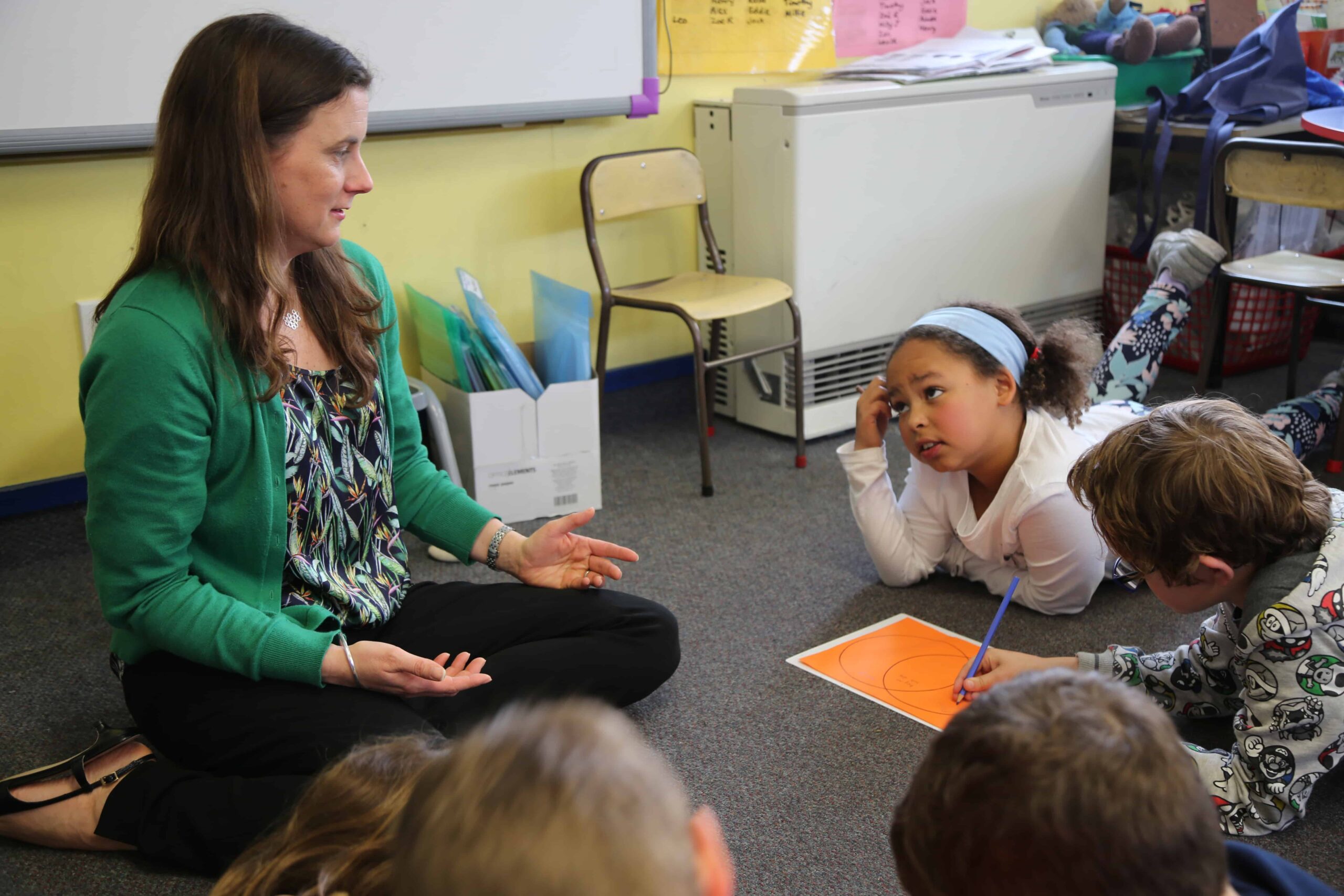
read more >>
by Rachel French Welcome to our new ‘Myth Busters’ blog series, where we aim to debunk common misconceptions related to Concept-Based Inquiry (Marschall & French, 2018). Dispelling these misbeliefs is crucial so that educators like yourself are able to unlock the power of a Concept-Based Curriculum (Erickson, Lanning and French, 2017). It is our mission […]
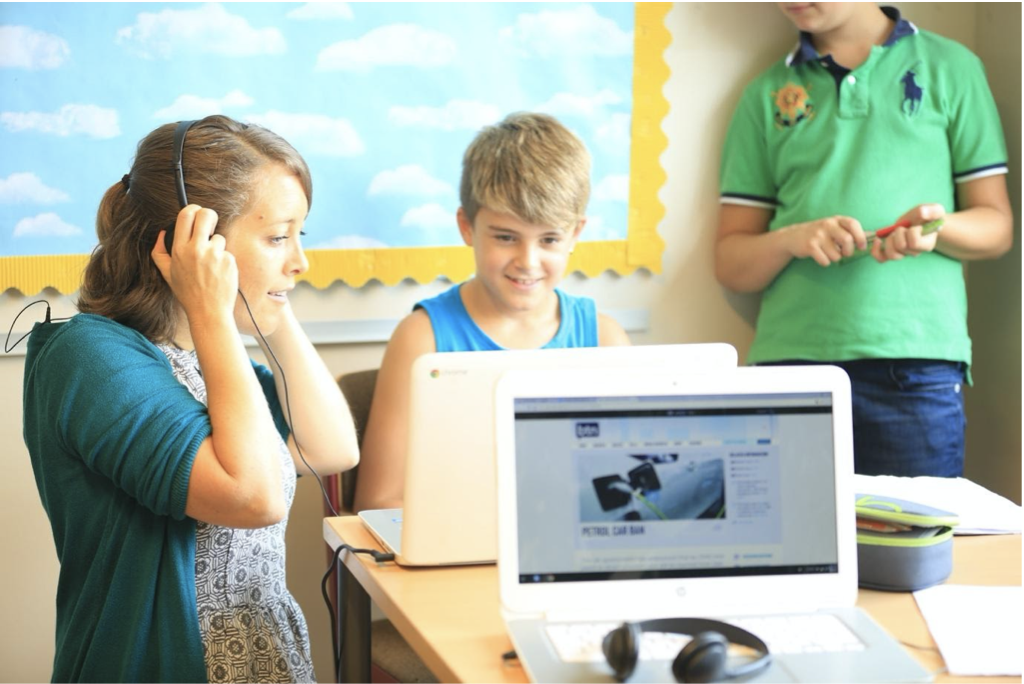
by Rachel French As educators, we know that we cannot possibly teach children everything they need to know and be able to do in the future. We also know that many of our students will work in jobs that do not yet exist. So how do we prepare our students for this rapidly changing world? […]